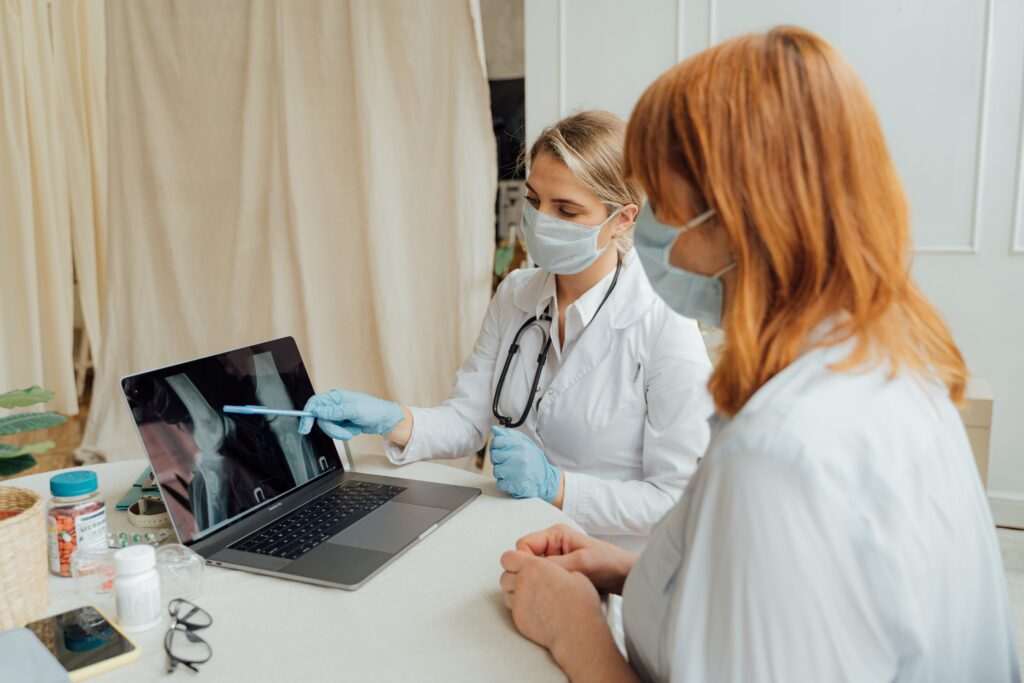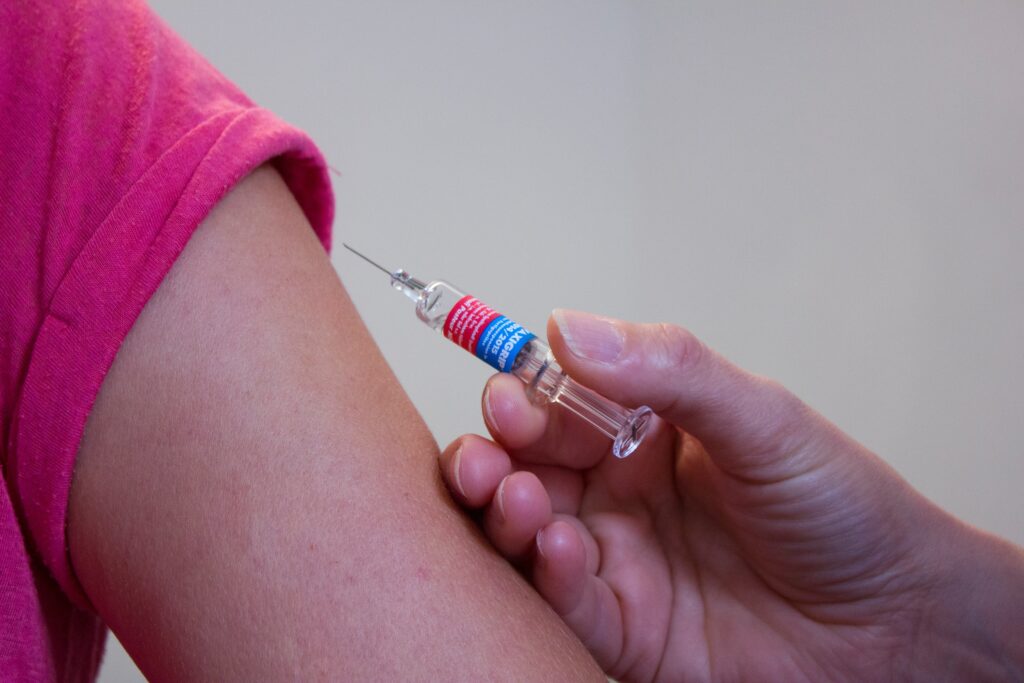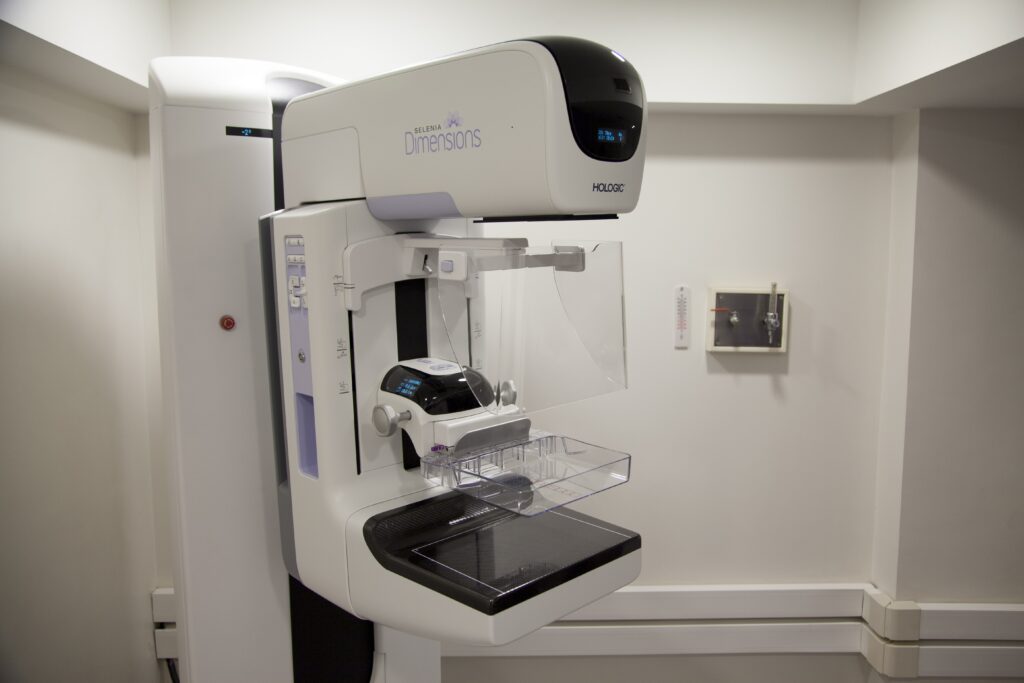Regular health check-ups and screenings play a vital role in maintaining overall well-being and preventing potential health issues. These proactive measures allow individuals to detect and address health concerns at an early stage, leading to better treatment outcomes and improved quality of life. In this article, we will explore the significance of regular health check-ups and screenings, highlighting their benefits in terms of disease prevention, early detection, and effective management.

Body:
Disease Prevention :
Regular health check-ups and screenings serve as powerful tools for disease prevention. By undergoing routine examinations, individuals can identify risk factors and make necessary lifestyle modifications to reduce the chances of developing chronic conditions such as heart disease, diabetes, and certain types of cancer. For instance, blood pressure checks can help detect hypertension, while cholesterol screenings aid in assessing cardiovascular health. Additionally, vaccinations and immunizations are crucial preventive measures that can be administered during check-ups, safeguarding against infectious diseases like influenza, hepatitis, and human papillomavirus (HPV).

Early Detection :
One of the primary advantages of regular health check-ups and screenings is the early detection of potential health problems. Many diseases, including cancer, often exhibit minimal or no symptoms in their initial stages. Through screenings such as mammograms, Pap smears, prostate-specific antigen (PSA) tests, and colonoscopies, healthcare professionals can identify abnormalities or precancerous conditions before they progress into more advanced and challenging-to-treat stages. Early detection significantly increases the chances of successful treatment and improves survival rates.

Moreover, regular check-ups enable healthcare providers to monitor key health indicators such as blood glucose levels, body mass index (BMI), and lipid profiles. This ongoing assessment helps identify deviations from normal ranges, allowing for timely intervention and prevention of complications associated with conditions like diabetes, obesity, and dyslipidemia.
Comprehensive Health Evaluation:
Regular health check-ups provide individuals with a comprehensive evaluation of their overall health status. During these examinations, healthcare professionals assess various aspects, including physical fitness, mental well-being, and lifestyle habits. They may conduct physical examinations, review medical history, perform laboratory tests, and inquire about any symptoms or concerns. This holistic approach allows for a thorough understanding of an individual’s health, enabling personalized recommendations and interventions to optimize well-being.

Establishing a Doctor-Patient Relationship :
Regular health check-ups foster a strong doctor-patient relationship, which is essential for effective healthcare management. By visiting the same healthcare provider consistently, individuals can establish trust, open communication channels, and gain a deeper understanding of their own health. This relationship facilitates better coordination of care, as the healthcare provider becomes familiar with the patient’s medical history, risk factors, and preferences. It also encourages patients to actively participate in their healthcare decisions, leading to improved treatment adherence and overall health outcomes.

Regular health check-ups and screenings are indispensable for maintaining good health and preventing potential health issues. These proactive measures enable disease prevention, early detection, and comprehensive health evaluations. By identifying risk factors and addressing health concerns at an early stage, individuals can significantly improve treatment outcomes and enhance their quality of life. Moreover, regular check-ups facilitate the establishment of a strong doctor-patient relationship, promoting effective healthcare management and patient engagement. Therefore, it is crucial for individuals of all ages to prioritize regular health check-ups and screenings as an integral part of their wellness routine. Remember, prevention is always better than cure, and inves

